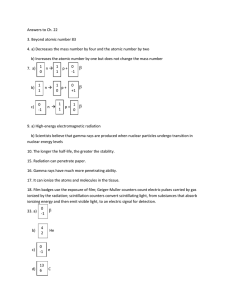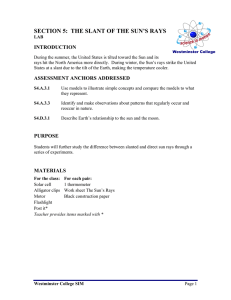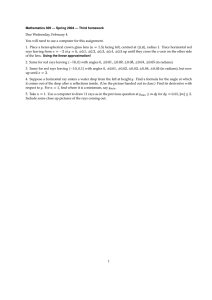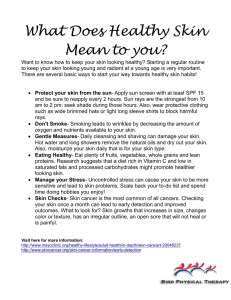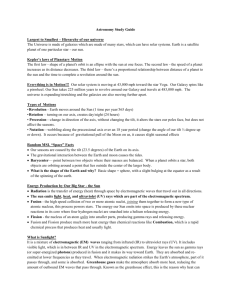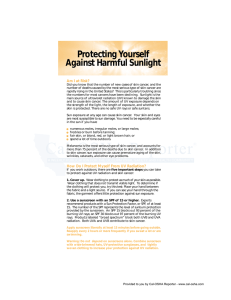Choosing sunglasses
advertisement
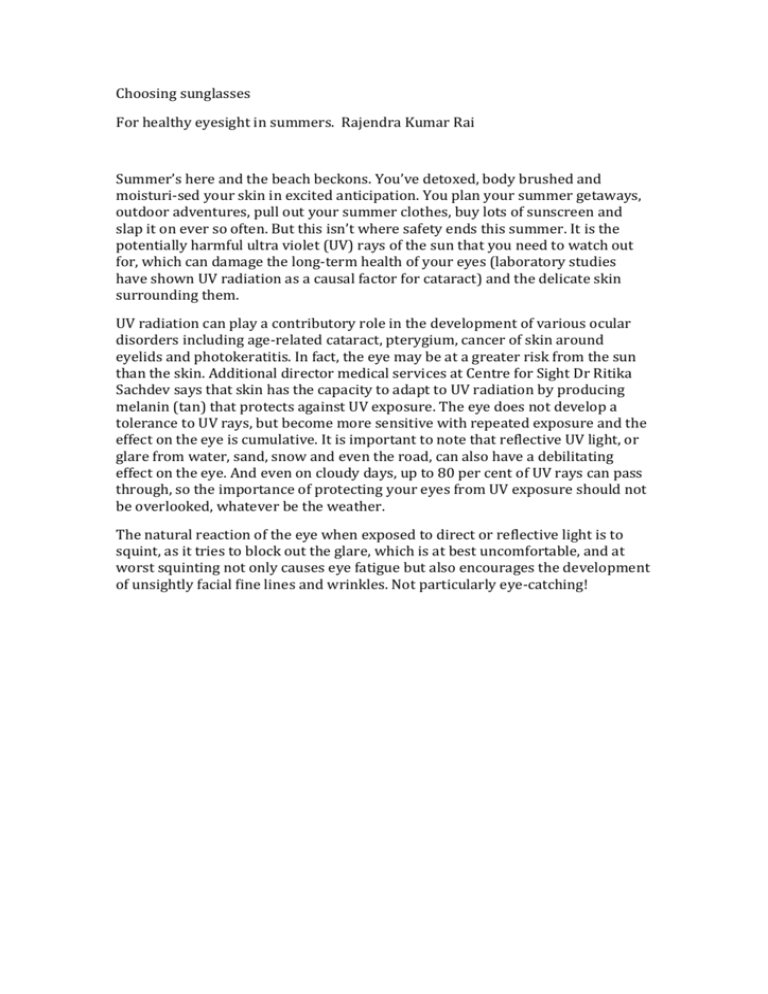
Choosing sunglasses For healthy eyesight in summers. Rajendra Kumar Rai Summer’s here and the beach beckons. You’ve detoxed, body brushed and moisturi-sed your skin in excited anticipation. You plan your summer getaways, outdoor adventures, pull out your summer clothes, buy lots of sunscreen and slap it on ever so often. But this isn’t where safety ends this summer. It is the potentially harmful ultra violet (UV) rays of the sun that you need to watch out for, which can damage the long-term health of your eyes (laboratory studies have shown UV radiation as a causal factor for cataract) and the delicate skin surrounding them. UV radiation can play a contributory role in the development of various ocular disorders including age-related cataract, pterygium, cancer of skin around eyelids and photokeratitis. In fact, the eye may be at a greater risk from the sun than the skin. Additional director medical services at Centre for Sight Dr Ritika Sachdev says that skin has the capacity to adapt to UV radiation by producing melanin (tan) that protects against UV exposure. The eye does not develop a tolerance to UV rays, but become more sensitive with repeated exposure and the effect on the eye is cumulative. It is important to note that reflective UV light, or glare from water, sand, snow and even the road, can also have a debilitating effect on the eye. And even on cloudy days, up to 80 per cent of UV rays can pass through, so the importance of protecting your eyes from UV exposure should not be overlooked, whatever be the weather. The natural reaction of the eye when exposed to direct or reflective light is to squint, as it tries to block out the glare, which is at best uncomfortable, and at worst squinting not only causes eye fatigue but also encourages the development of unsightly facial fine lines and wrinkles. Not particularly eye-catching!
